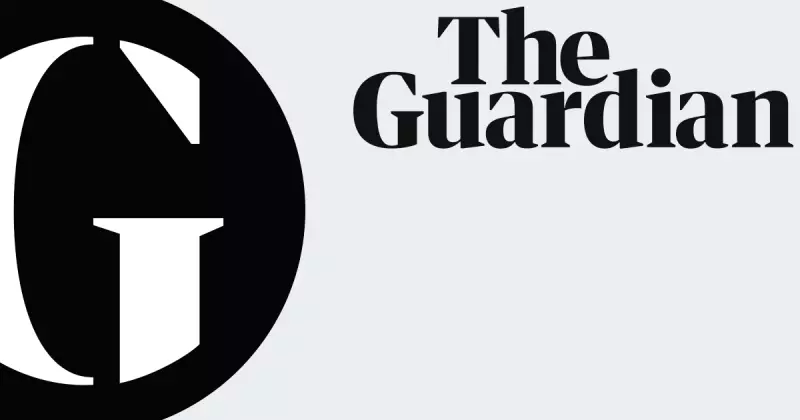
Chevron's announcement to scale back oil production on Barrow Island has sparked intense debate about the growing influence of corporations on environmental policy. Critics argue this move exemplifies 'state capture' – where private interests override public good.
What's happening on Barrow Island?
The energy giant claims the wind-down is part of a broader transition strategy. However, insiders suggest the decision follows years of lobbying for relaxed environmental regulations in the region.
Environmental concerns ignored
Barrow Island, home to unique wildlife and ecosystems, was supposedly protected by strict conservation laws. Yet Chevron's operations have continued with increasing exemptions from environmental safeguards.
The bigger picture
This case highlights a worrying trend:
- Corporate interests shaping policy decisions
- Environmental protections being eroded
- Public oversight diminishing in critical sectors
Experts warn that without stronger accountability measures, such scenarios will become increasingly common as energy companies navigate the transition from fossil fuels.
What comes next?
Environmental groups are calling for:
- An independent review of Chevron's regulatory approvals
- Greater transparency in government-corporate dealings
- Strengthened protections for sensitive ecosystems
As the world watches how Australia handles this situation, the Barrow Island case may become a textbook example of how not to manage corporate-environmental relations during the energy transition.





